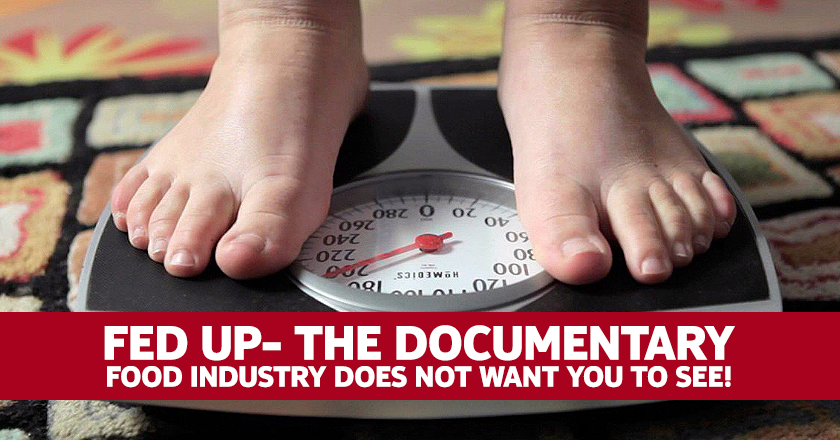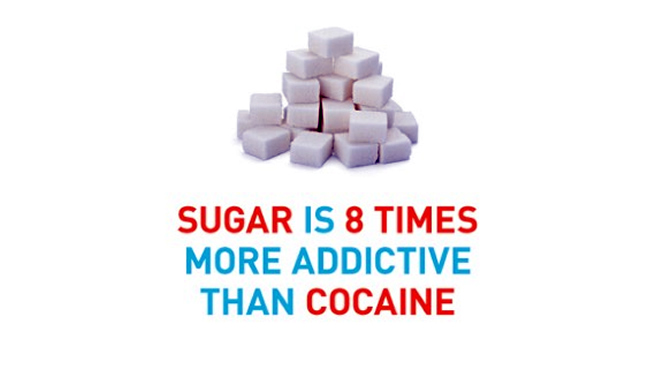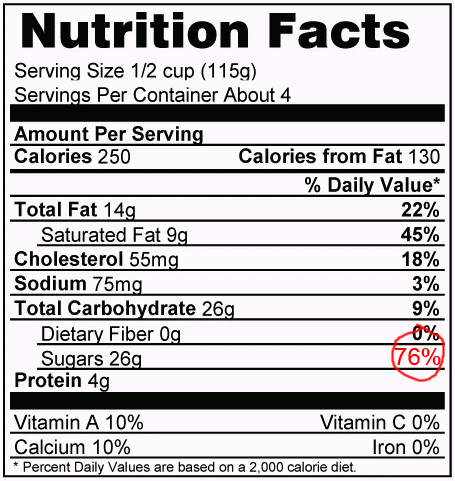
How Sugar Can Make You Fat
On normal days, I normally eat at McDo for breakfast (I have a thing called #McDoMornings) with a hot chocolate on the side to wake me up, BonChon for lunch, a doughnut and an iced coffee as my afternoon snack, and probably Jollibee’s chili dog and burger steak for dinner. On special days, I enjoy eating at fancy restaurants like Nihon Bashitei and Frankie’s, buffets on Samgyups, and Manila Hotel, or just hang around in coffee shops like Yardstick.
Bottomline: I love food. I love food so much that I don’t think about what I eat so long as it’s delicious. If you’re just like me, then the movie ‘Fed Up’ will change your perspective.
I was then assigned to watch this 2014 movie about Food and Sugar, FED-UP is a documentary about food and the sugar industry and how it’s causing an obesity epidemic that is behind numerous deaths. To cut the long story short, it totally changed my perspective about food and what I eat, especially as someone who doesn’t get to eat home-cooked meals often.
Effects of Sugar
As explained in the documentary, sugar is processed in the liver. However if you consume too much sugar, the pancreas comes to the rescue by producing excess amounts of insulin to keep everything balanced. Insulin, unfortunately, turns sugar into FATS. That results to obesity, which then leads to other complications such as high blood pressure, heart-attack, strokes, lipid problems, cancer, diabetes, etc..
If these are the cause, why do people keep eating them? (marketing strategy + psychological)
Marketing plays a very mischievous role in this epidemic. They put “Fat Free”, “Reduced-Fat”, “Low Fat”, “No Sugar Added”, etc. to products which unaware people think are really healthier when, in fact, these words are actually warning signs that you should keep an eye out for its content. Some would take out the fat content, but secretly add more sugar. That is precisely why ‘seemingly healthy’ food are really just as bad, if not worse. Take not that sugar can hide in the names buttered syrup, cane juice, caramel, corn syrup, fructose, glucose, and many, many more.
Marketers also strategically place food in accessible areas which makes them hard to resist. In my personal experience, Taft is full of affordable fast food restaurants which makes it difficult for me to find real, good food, so I have no choice but to eat what’s available.

There is a psychological reason as to why people still continue eating these food, as well. The documentary mentioned that sugar is more addictive than nicotine. We get use to the taste of sugar and we begin thinking, “I can’t live without sweets. They’re my favorite!”.
Remember that consuming too much sugar produces insulin? Well, insulin also blocks signals to your brain that you’re full. Because of that, you’ll think you’re still hungry, so you eat more– a really bad combination especially when you become addicted to it (knowingly or unknowingly).
So what can I do about it if sugar is present almost everywhere?
Aside from preparing your own meals, the documentary tells us that we’re still allowed to consume sugar to a maximum of 6-9 tablespoons (24 to 36 grams) daily. So it’s important to monitor how much sugar you take in.
Some examples shown in Fed Up:
Can of Coke = 9.75 tablespoon of sugar = 39 grams of sugar = 108% of daily allowance
3 pieces of oreos = 3.5 tablespoon of sugar = 14 grams of sugar = 38% of daily allowance
1 small pack of M&Ms = 7 tablespoon of sugar = 28 grams of sugar = 77% of daily allowance

It is also important to note that most food products (if not all) DOES NOT list down the corresponding % Daily Value of the added sugar in their Nutritional Facts (Yes, go ahead and check the label). So always be conscious of what you eat. Even fruit has sugar, so be sure to count that.
Ever since I learned about the recommended daily sugar consumption, and how it affects my health and promotes obesity, my outlook on what I eat totally changed. I started drinking water or tea instead of coffee/hot chocolate to keep me awake, shifted to eating healthier meals/snacks, and even began checking the content of what I eat ALWAYS. It’s hard to restrain, especially for someone who likes to go out and eat often, but I’m sure that the health benefit would be worth it in the long run.
This July is nutrition month, would you take on the challenge of starting to eat right? Watch the documentary and tell us what you think!
Watch Fed Up here:







So Informative, I will going to watch my sugar intake from now on. Thanks!